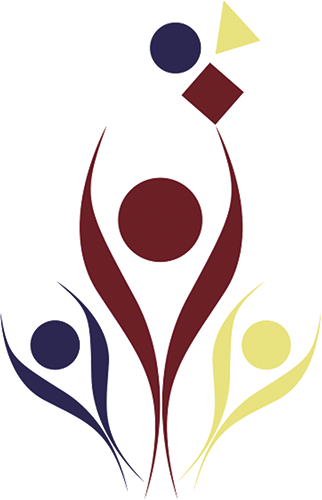Several different terms are used in Montessori training for the adult in charge of the prepared environment and the children’s education. Montessori herself used “directress”. Many modern Montessori advocates use “guide”, but the most common term used is “teacher”. There are several reasons for that, but the most likely is that is simply what we call people in charge of classrooms – no matter what structure or approach to education they use. So why don’t we just use one of those terms?
All those words, as well as educator, have problems. In our culture, “directress” seems out of date because we favor non-gender specific words. “Director” definitely brings to mind the wrong behaviors because it is so associated with the heads of associations and the person who has the first and final say on decisions about a performance of a play or film by the cast and crew who follow orders. “Guide” is not a bad word but it tends to mislead those not familiar with Montessori.
I’ve heard a young woman, just finishing her Montessori training, tell the story of her experience at a party in Colorado. She expressed her excitement at beginning her duties as a Montessori guide the following week and was asked, “Montessori? Now what part of the river is that?” So it is fine to use with those in the community but not so great with parents and others not yet familiar with Montessori.
So why not just go with teacher and not worry about it? Because the role of the adult in the Montessori classroom is so different from that of a teacher in a traditional school model, using the same term is not a good idea. Words have power. Most adults need all the power they can muster to overcome their own habits and models from their own childhoods to take this entirely new approach when interacting with children.
The reason we don’t use “educator” all the time, though we will sometimes, is simply that it is so long – four syllables to say. Americans, for good and bad, like things short and sweet. So we use, “mentor”. Of common American English words, it is the one we found that is most congruent in its typical usage with the behaviors we believe adults need to use to support children, or learners. They prepare the environment, observe what is needed, guide the learner, and let learning and initiative happen. This is also a term that resonates with some parents who take an unschooling approach. It fits their desire to serve their children as they learn without taking responsibility for that learning in inapppropriate ways. We like “leader” sometimes as well, but will use “mentor” and “educator” the most.
Because we believe Montessori principles for effective learning aren’t just for children, we also like that the terms, “mentor” and “learner” are not age specific. It is even the best choice to use for parents sometimes. Now you will see “teacher” here and there on our site, mostly in titles and headings. This is because we want people to be able to find us. What many people call, “Montessori Teacher Training” is exactly what we offer.
